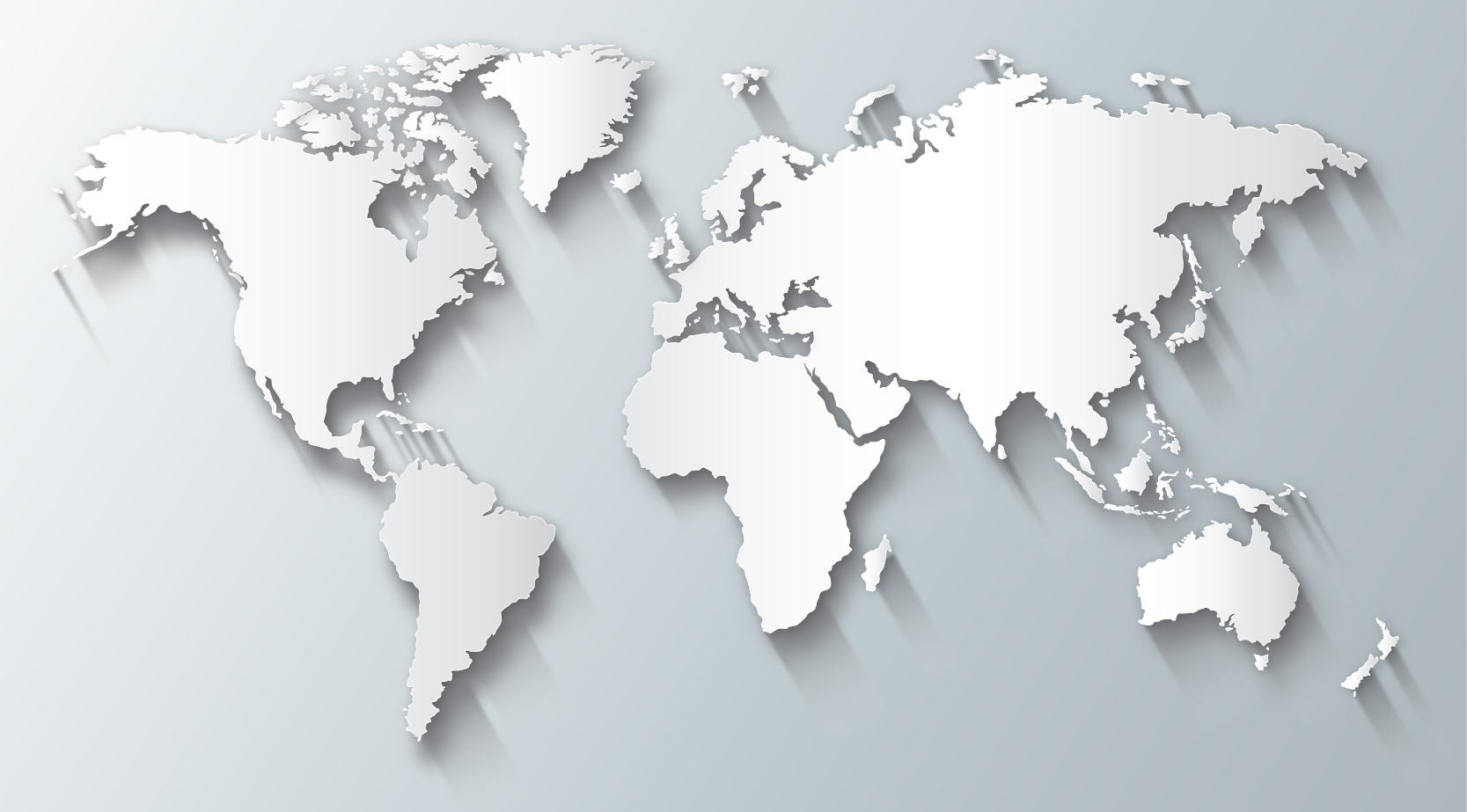I know the title of this humble opinion piece may scare at first view. If that is your case, please have my sincere apologies and my warmest thanks for not giving up this reading. The first contact I had with other FSG members was in 2014, before I started my PhD in São Paulo, when I met Dr. Elen Bueno and we studied trans-civilizational international law as a Graduate course in Universidade de São Paulo. The second time I met someone from the FSG was this year, when me and Dr. Bueno, together with other GEBRICS-USP colleagues from Brazil took advantage of the social isolation and participated on an event organised by Dr. Sandeep Tripathi in India, regarding the international liberal order and its challenges. Therefore, it seemed natural that I would start my opinion articles on the crisis and possible outcomes of the International arena.
The International Liberal Order is in crisis. This is not something new, but rather something that has been around for quite some time. Recalling the late Thomas Sankara’s words during his well-known “Discours sur la Dette”, at the Ethiopian capital in 1987, crisis is something that is on-going, as long as there is social injustice. What’s new then? That’s simple, the so-called crisis of the international liberal order is not a crisis of structures, but rather a crisis of legitimacy. International organisations, despite punctual reforms, have withstood different challenges and are likely to remain in the future, albeit with significant changes. Wang Tieya explained in his General Course at the Hague Academy of International Law, the centre “par excellence” of the liberal-born international law that no country has the monopoly of morality. This may seem odd and contrary to the basic premises from many doctrines that believe that civilizational principles could and should. In other words, the idea that there could be different sources of moral that were not focused on a “western civilizational mission” was something unacceptable for many defenders of the International Liberal Order and brought desperation for governments and analysts who tried to provide possible strategies to guarantee the “survival of the International Liberal Order”, as if the end of times would come if this order was somehow damaged.
The rise of governments that contested the basic principles that were deemed universal, as well as the undeniable success of countries that adopted different growth strategies demonstrate that there may be different paths towards progress. This does not mean, despite what some may argue, that human rights and the rule of law are going to disappear together with the international liberal order, as these conclusion are in fact the result of a wrong premise that believes that the rule of law and human rights are products of the international liberal order and would disappear together.
Crisis of legitimacy are something expectable when different players grow in the international arena. Traditional dogmas are contested and even if this may sound scary, it is part of life and can lead to progress. And the diversity of different points of view, of different civilizational perspectives (that are, usually much different from the standard framework of the European nation-state) may point in fact to a multi-order world. A world where different orders can coexist and learn from one another would be much better and present much more discussions for improvement is better than a one-order world. Therefore, instead of focusing on how to standardize every single aspect of our international relations, we should strive on how to make it possible to learn and to coexist. To have a single order would mean that only one model of civilization is accepted, only one vision of human rights is accepted and only one group would be considered guardians of morality. Instead of focusing on what deviated from the pattern, the world should look into what aspects of convergence may be found among different people (as the nation-state model is not enough to take care of the human complexity), even when we converge as different people, with our own peculiar details.
Thus, answering the question I presented in the beginning of this opinion piece, instead of having a single-order globe, we should strive to recognise that, despite some differences, humanity can converge in common issues and interests. Instead of looking at what can separate us, we should focus on what can bring humanity together and protect each civilization’s own peculiarities.

